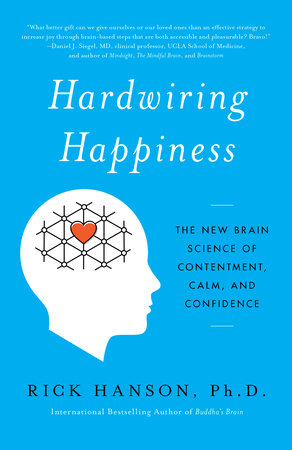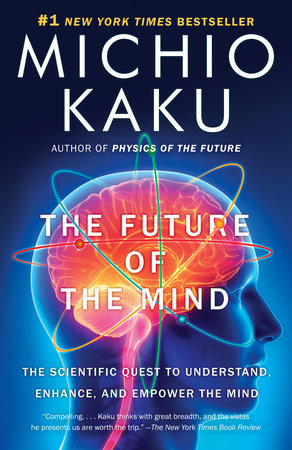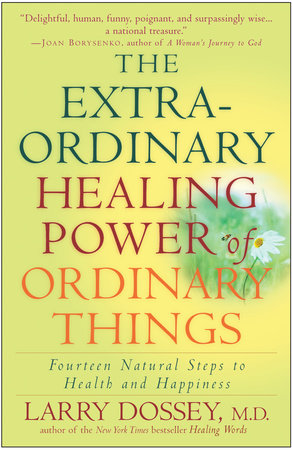ARTICLE
Treating Addiction Requires Both Science and Compassion, Says Dr. Gabor Maté
Dr. Gabor Maté drew from his experiences treating addicted men and women in Vancouver's Downtown Eastside when he published the bestselling nonfiction book In the Realm of Hungry Ghosts a decade ago. Supplementing his personal insights with medical research, Dr. Maté offered a compassionate perspective on addiction that continues to resonate with readers.











